The Internet In Africa: Business Opportunities
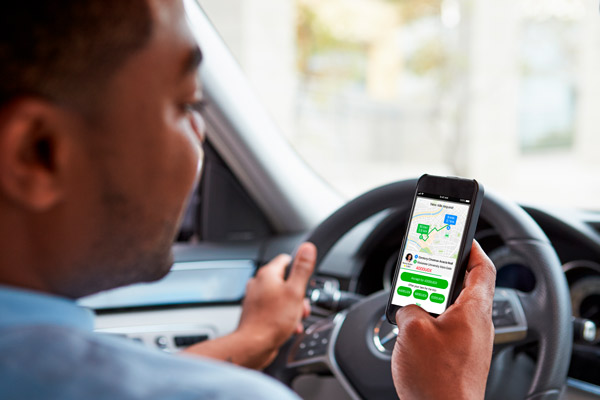
Only a quarter of Africans have access to the Internet, but the region is seeing the strongest growth, according to latest statistics. For the first time, more than half of the world’s population is now using the Internet and it is estimated that 51.2% of the global population, or 3.9 billion people, are now connected to the Internet.
However, the strongest growth is reported in Africa, where the percentage of people using the Internet increased from just 2.1% in 2005 to over 25% in 2019.
In 2019, more people in Africa accessed the internet than did in Latin America, North America, or the Middle East. There were 525 million internet users in Africa, 447 million in Latin America and the Caribbean, 328 million in North America, and 174 million in the Middle East. One out of five African internet users is believed to come from Nigeria which has an internet population of 112 million. This is probably because this West African country has one of the cheapest mobile data prices on the continent.
A recent study ranked Nigeria as the 11th African nation with an average price of $2.22 for 1 Gigabyte (GB). Out of 57 African nations, Rwanda came out on the top with the cheapest average price of $0.56 for 1 GB data. It takes an average of over seven hours to download a five-gigabyte file in HD in Nigeria and only eight minutes to download the same file in Taiwan. It is no surprise that Nigeria’s internet download speed is ranked 176th out of the 207 countries measured globally.
Overall, there is only one African country on the list of the top 50 fastest-performing countries and 25 on the list of the world’s 50 slowest-performing nations. Clearly, Africa may have rapid internet growth but it still has a long way to go when it comes to speed.
About 40 percent of all Africans are now online, but usage varies from country to country. In Kenya it was 83 percent; in South Africa, 56 percent; and in Nigeria, 60 percent. However, Nigeria is so much bigger in population than any other African country, its citizens comprised about 20 percent of all African internet users. Though Africa is behind only Asia and Europe in the absolute number of internet users, it lags behind every other region in the proportion of internet users.
The good news, simply put, is that 40 percent of all Africans have access of some sort to the internet. On a continent in which, by and large, newspapers are expensive, telephone landlines are underdeveloped, authoritarian governments seek to manipulate the media, and most people have traditionally received news from the radio, often broadcasting in local languages, the internet provides access to a new and much bigger world. The downside, of course, is that the internet is unfiltered, with both wisdom and garbage. There are also fewer ways to verify internet stories than in other parts of the world where other forms of media are more developed.
Internet penetration in Africa is likely to grow at a faster rate than elsewhere in the world, and the fact that there are already more than half a billion internet users in Africa raises the possibility of a greater number of profound social, political, and economic changes. Internet usage may be a sign that the African giant is awakening.
More than 90% of the population in Sub Saharan Africa was covered by 2G networks at the end of 2017 and six new 4G networks launched in the first half of 2018. As such, GSMA estimates that there are presently 120 such networks in the region and they state that these new networks combined with the market of cheaper smartphones help drive the transition to mobile broadband in this region. Future projections are that 3G will account for 60% of all mobile connections by 2025.
Smartphone and mobile Internet usage have, and will continue to, grow all across the globe. With smartphones being the primary source of connection to the Internet globally, the necessity of the devices will only become more demanding in years to come. In Sub-Saharan Africa, there are populations that are farther along in their adoption process than others, yet the process is moving rapidly. Africa is definitely a region to watch as the race to increase global mobile Internet penetration continues, especially as the youth in Africa come-of-age.





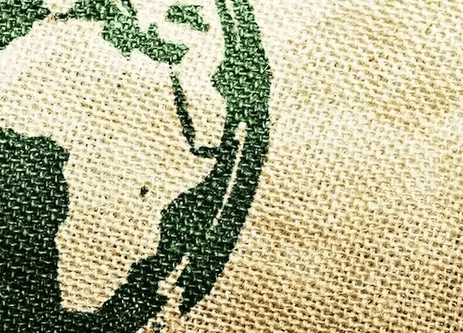
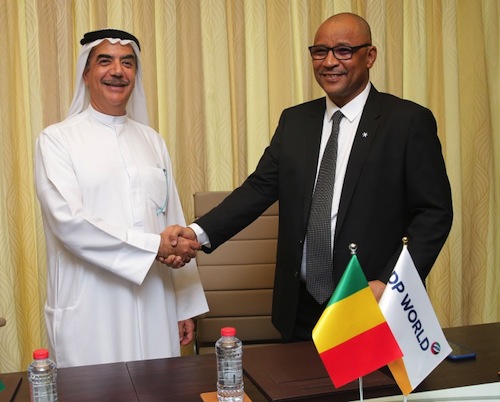
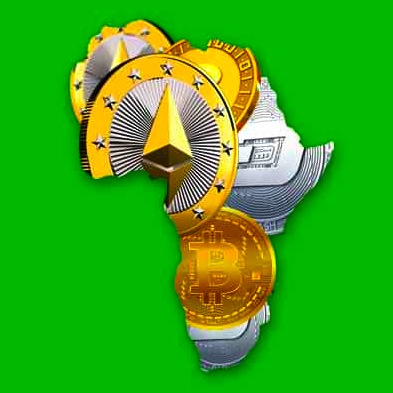
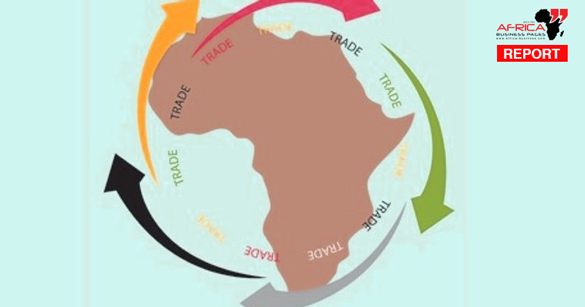

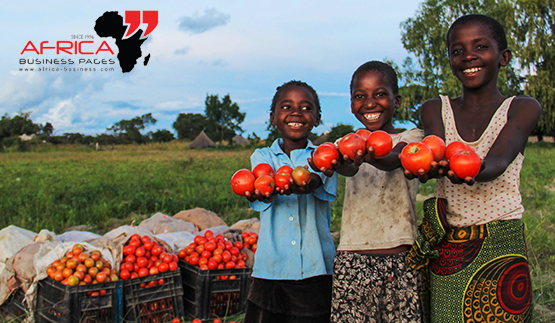
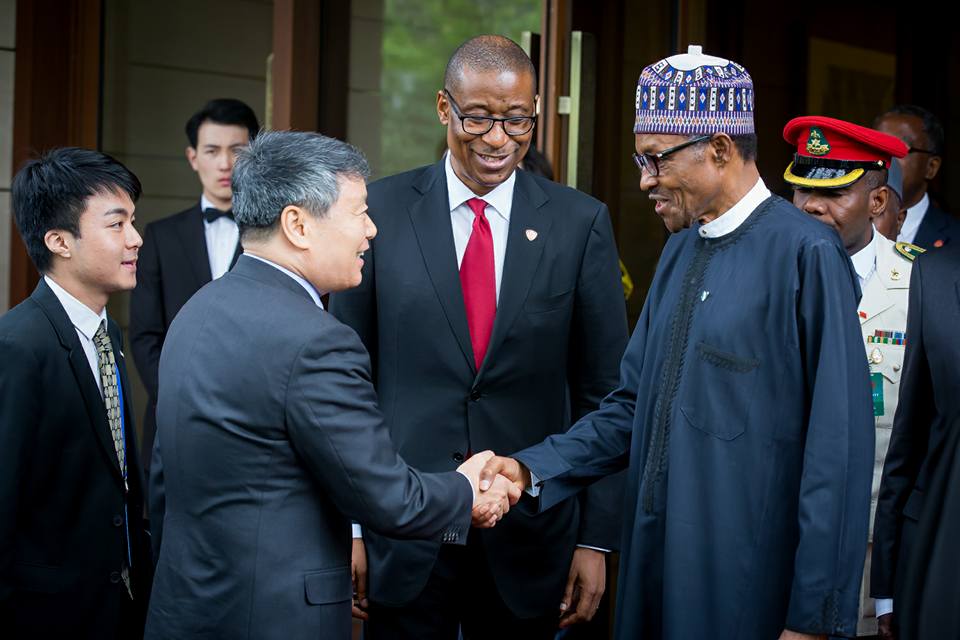
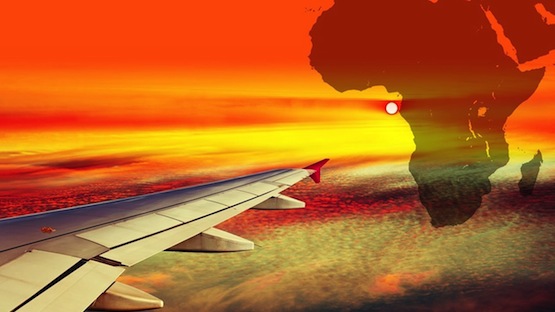
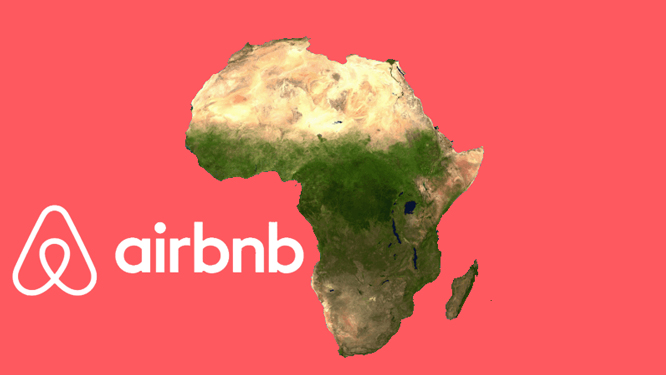

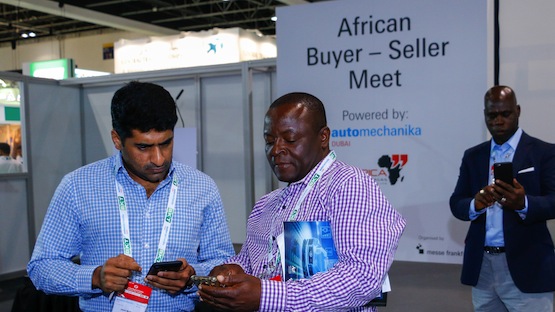
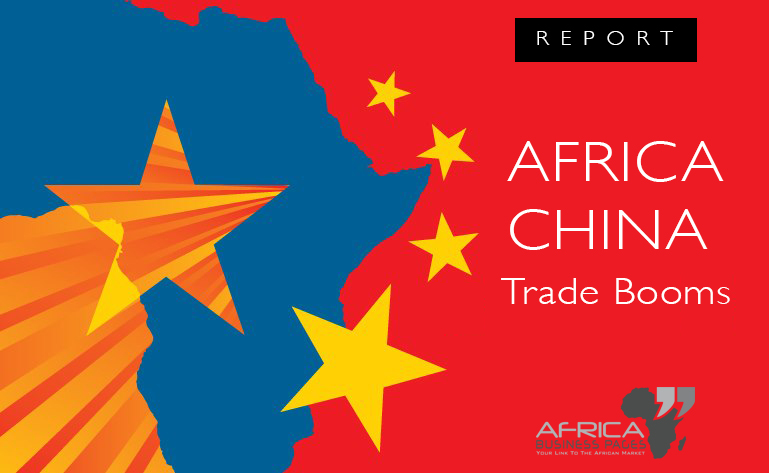

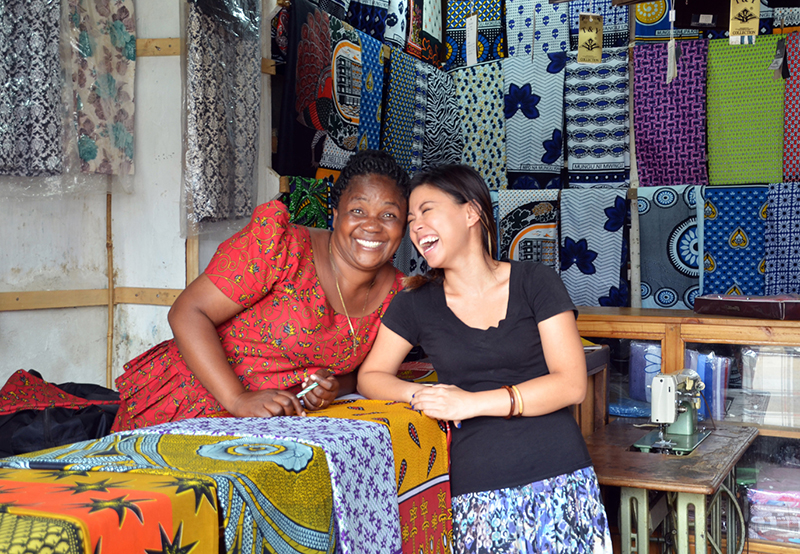


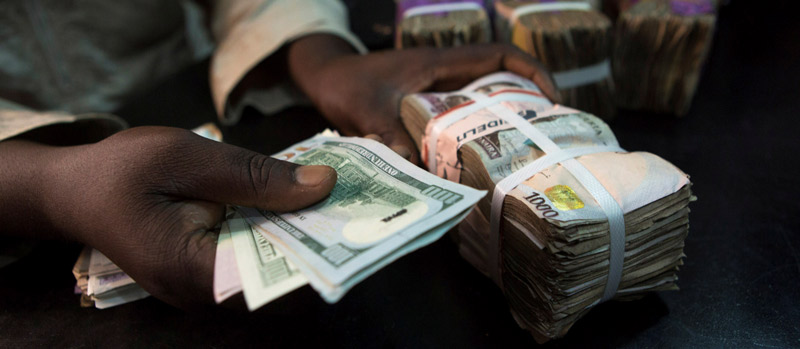
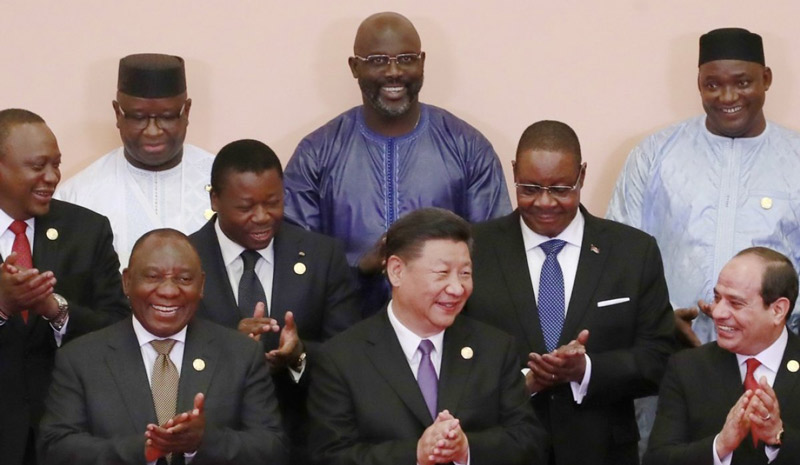

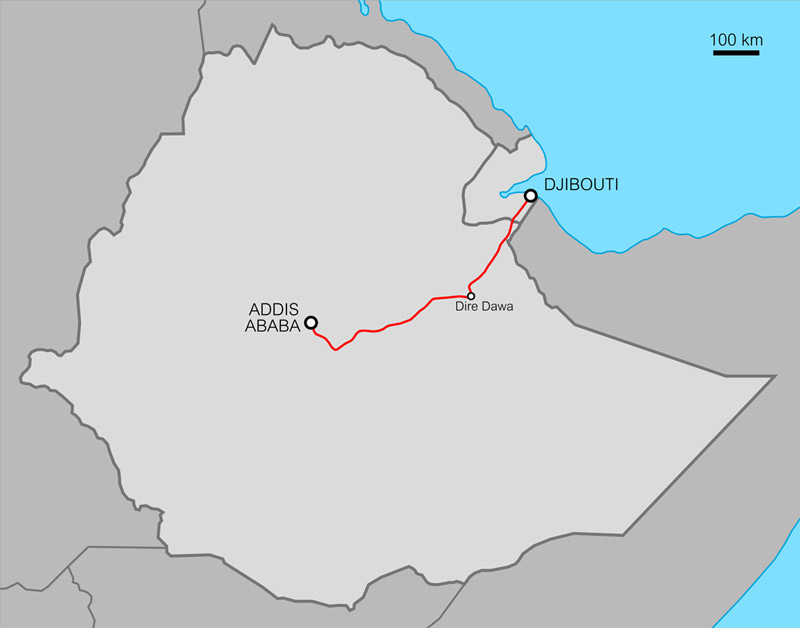
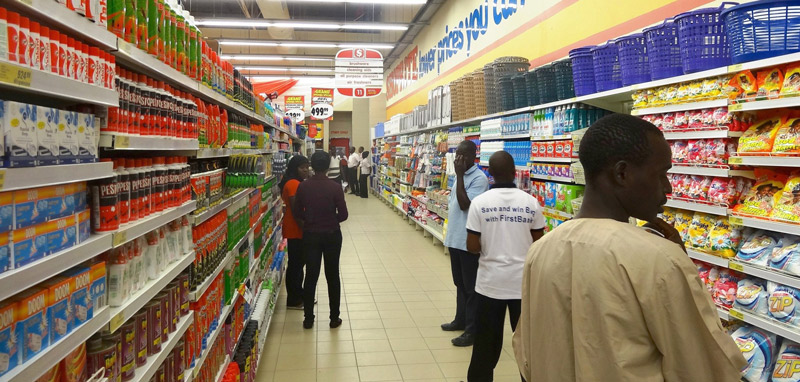
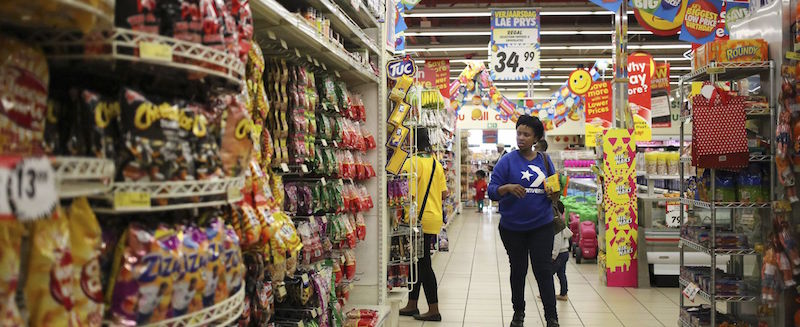
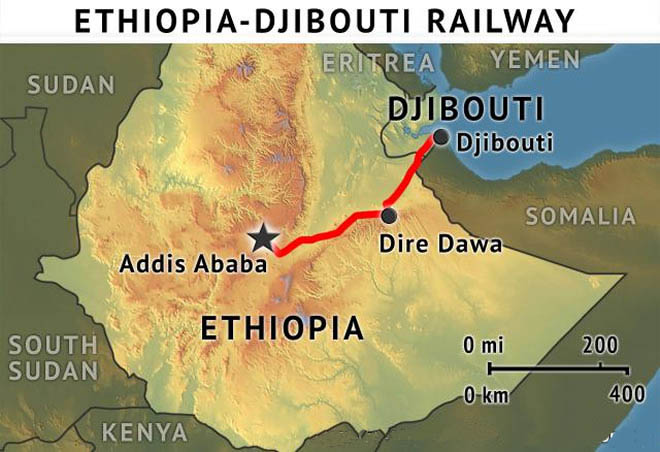
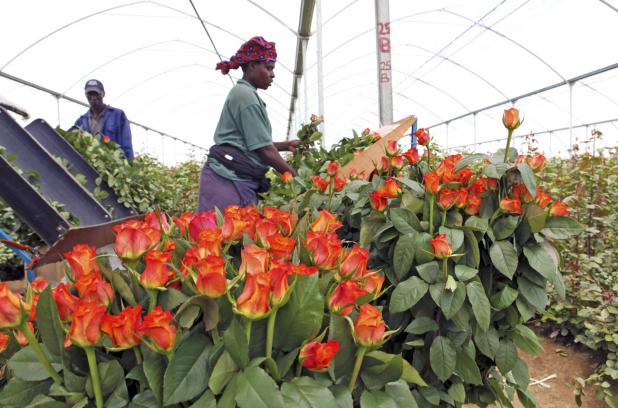
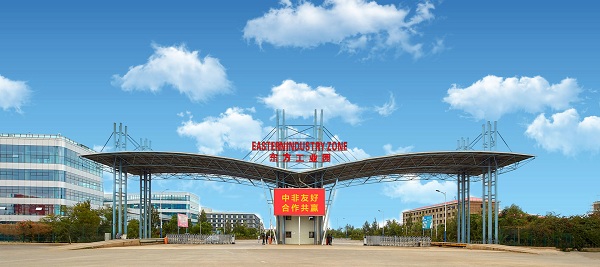
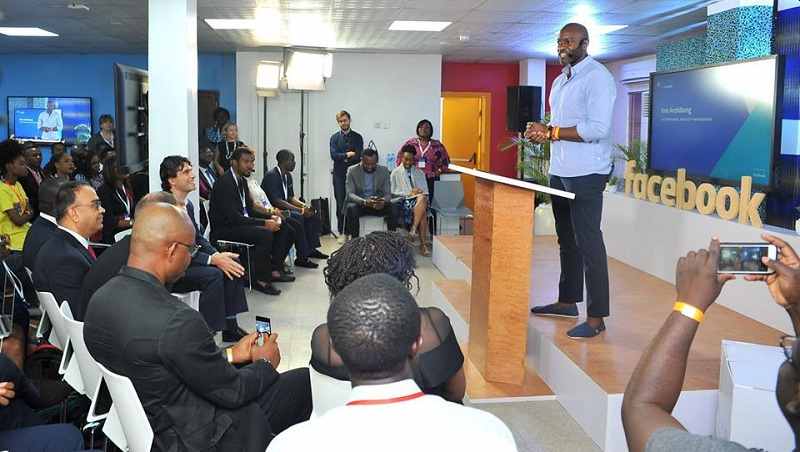


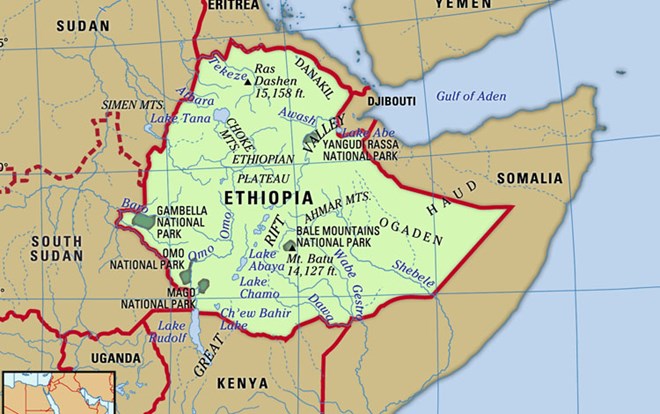
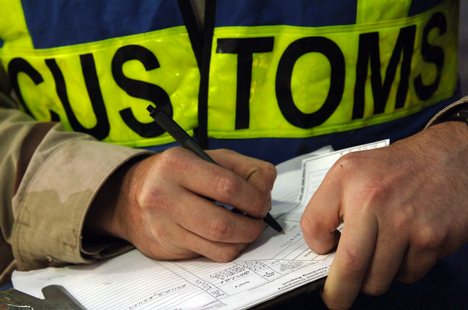
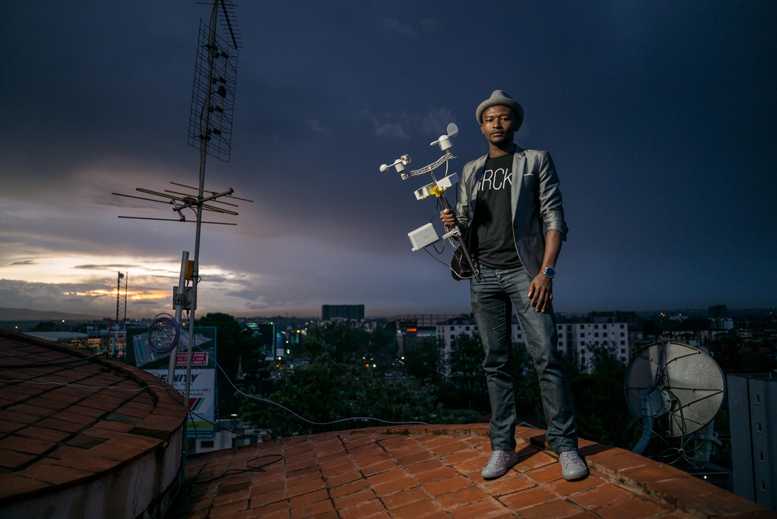
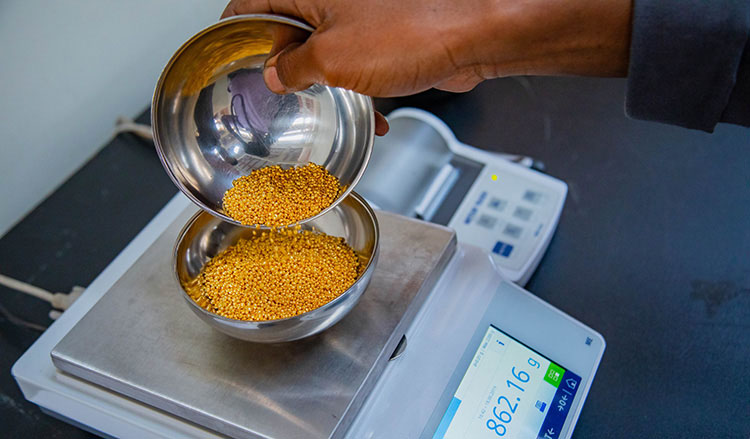
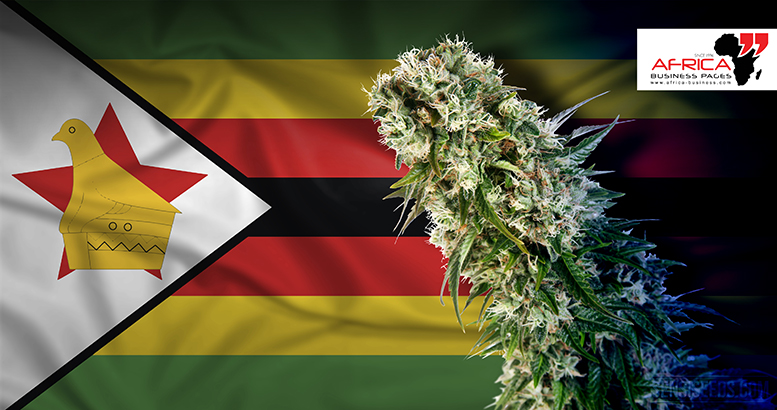

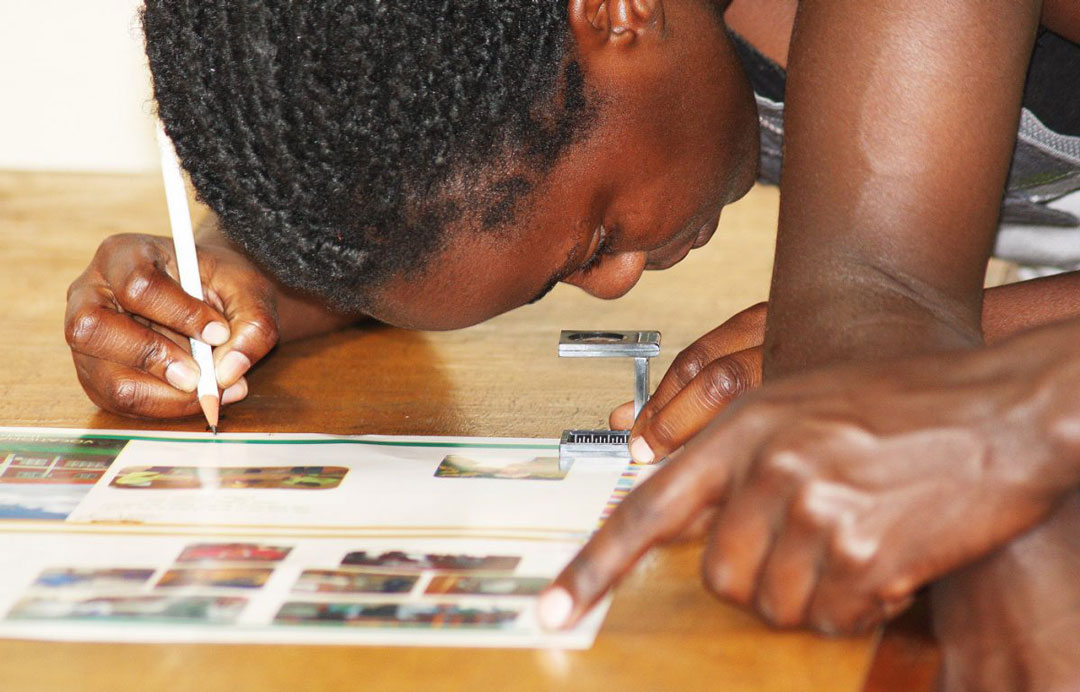



.png)